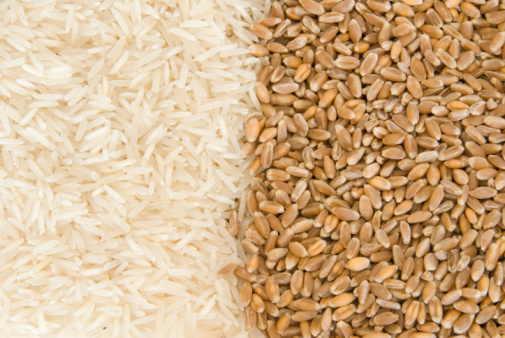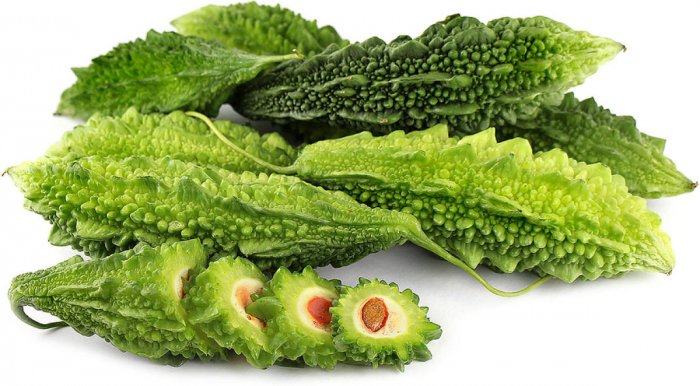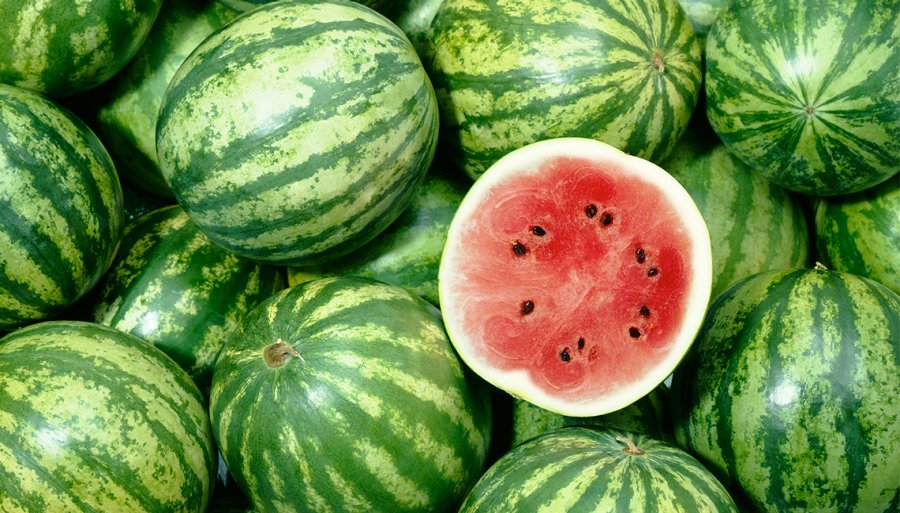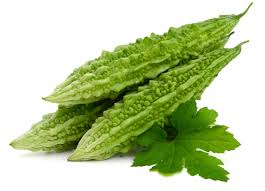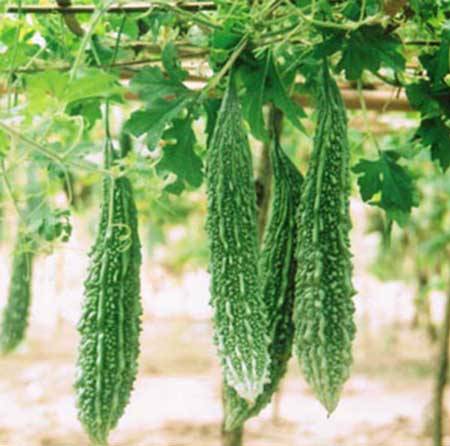There are mainly two ways of doing soil treatment using chemicals, which are as follows:
Soil solarization– Due to strong sunlight and high temperature, summer is the best time for soil solarization. In this process, the seed-plots (seedbeds) are covered by a transparent sheet of plastic for one to two months. The edges of the plastic sheet should be covered with soil so that air cannot enter inside. This process increases the temperature inside the plastic film, which destroy the harmful pests, the spores of diseases and the seeds of some weeds present in the soil. The Soil solarization reduces soilborne diseases and pests in the seedbeds. In this way, you can reduce the pests in the soil without using any kind of chemicals.
Organic method –
In this method, the soil is treated with fungicide Trichoderma viridi (Sanjivani / Combate) and insecticide Bueveria basiana (Bave Curb). Take 8-10 tons of good rotten cow dung and mix 2 kg of Sanjivani / Combate and Bave Curb and maintain moisture in the mixture. This mixture should not get direct sunlight. So, do this process under a shade or tree. Maintain the moisture by spraying some water on the mixture whenever needed. After 4-5 days, the colour of the manure becomes light green due to the germination of the fungus. After that, the fertilizer is turned upside down so that the fungus can be contained in the bottom layer also. After 7 to 10 days, this mixture should be scattered in the field. By doing this, the harmful pests present in the land, their eggs, pupa and spores of fungi can be destroyed. The soil enrichment kit by Gramophone contains all the biological products that improve soil structure, increase the number of beneficial organisms and availability of plant nutrients, destroy harmful fungi, grow roots, increase rhizobium in roots and increase nitrogen fixation.
Share


